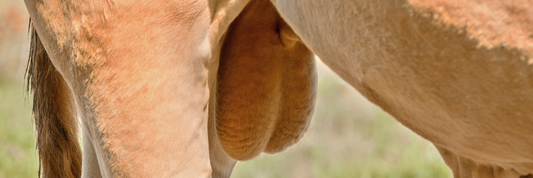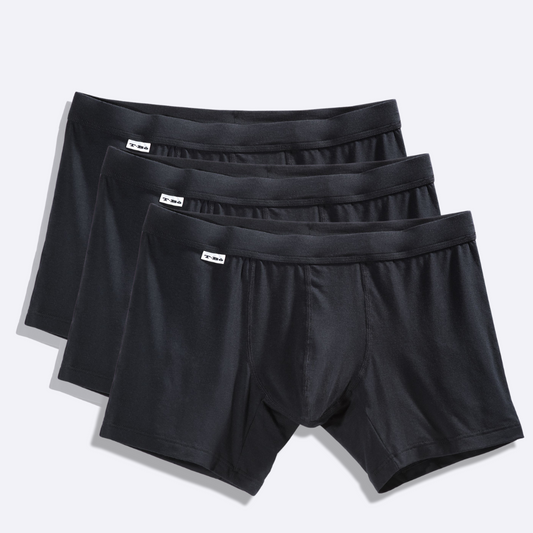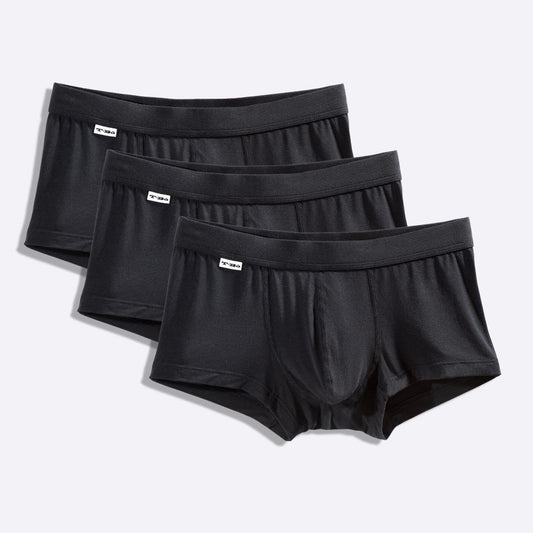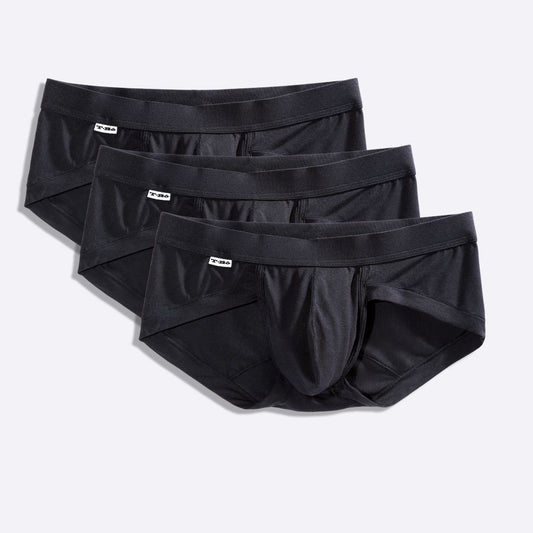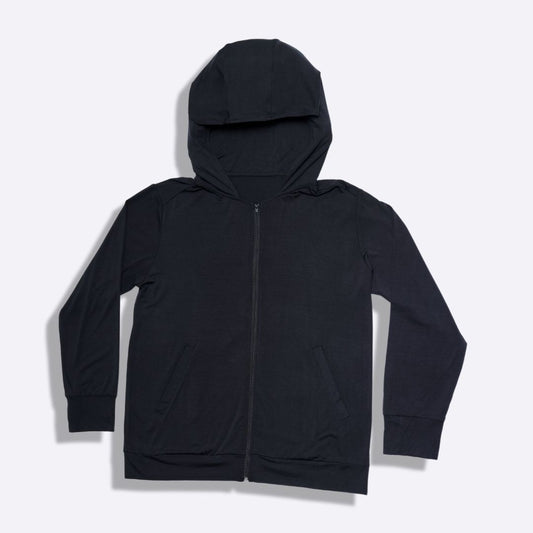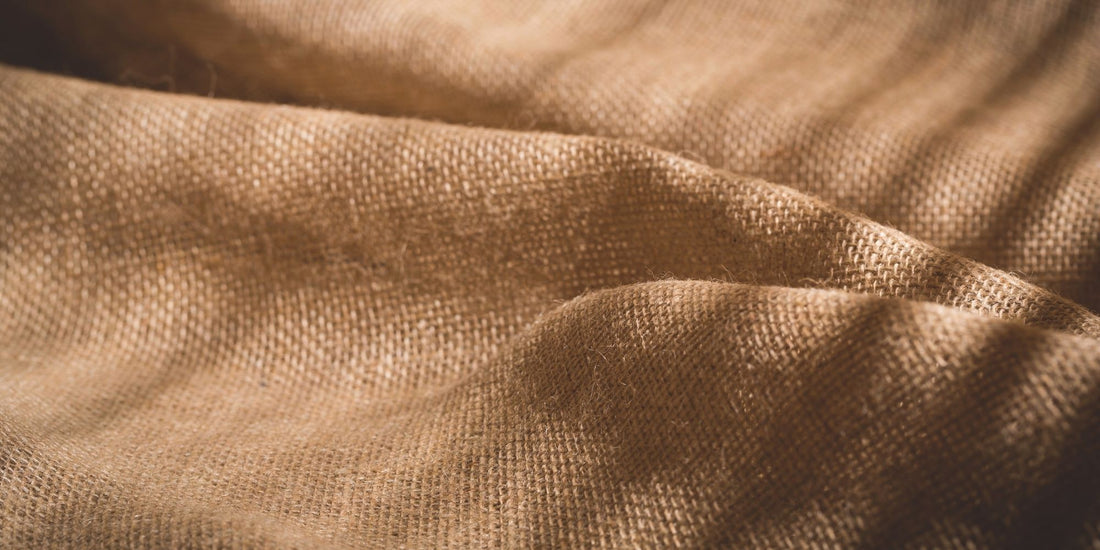
Jute vs. Hemp: Which Fiber is Right for You?
As the world moves toward eco-friendly alternatives, natural fibers like jute and hemp have gained popularity due to their sustainability, durability, and versatility. But when it comes to choosing the right material for your needs, which is better?
Jute vs hemp is a debate with many layers, and understanding the differences between these two fibers can help you make an informed decision. Let’s dive into the properties, uses, and environmental impact of both jute and hemp to see how they stack up.
What is Jute?
Jute, known as the "golden fiber," is a long, soft fiber spun into coarse threads. It comes from the Corchorus plant, mainly grown in tropical regions like India and Bangladesh, which produces 85% of the world's jute. As an affordable, biodegradable fiber, jute is widely used for sacks, carpets, ropes, and eco-friendly textiles.
What is Hemp?
Hemp is a durable fiber from the Cannabis sativa plant, containing very low THC, so it’s non-psychoactive. Used for centuries, hemp is extremely strong and pest-resistant, making it ideal for textiles, ropes, paper, and construction materials. It’s biodegradable and environmentally friendly, appealing to eco-conscious consumers.
Is Jute The Same as Hemp?
No, jute and hemp are not the same. While both are natural fibers and used for eco-friendly purposes, they come from different plants and have distinct characteristics.
What is The Difference Between Jute and Hemp?
The main differences between jute and hemp lie in their plant origins, durability, and texture. Jute is softer and less durable, making it suitable for products like bags and textiles, while hemp is stronger and more versatile, often used in clothing, ropes, and construction materials. Hemp also has a lower environmental impact due to its minimal water needs.
Which is More Eco-Friendly, Jute or Hemp?
Hemp is generally considered the more eco-friendly option compared to jute. This is because hemp requires far less water to grow, making it more sustainable in areas with limited water resources. Additionally, hemp improves soil health through its deep roots, which prevent erosion and replenish nutrients, making it ideal for crop rotation.
While jute is also a sustainable and biodegradable fiber, its cultivation typically needs more water, which increases its environmental footprint. For those looking to minimize environmental impact, hemp stands out as the greener choice.
How do Jute and Hemp Compare in Terms of Durability?
When it comes to durability, hemp outperforms jute by a significant margin. Hemp fibers are known for their exceptional strength and resilience, making them suitable for heavy-duty products like ropes, construction materials, and long-lasting clothing.
Jute, while durable, is not as strong and tends to break down more quickly under wear and tear. It works best for items that require a softer touch, such as bags, textiles, and home décor, but won’t hold up as well as hemp in more demanding applications.
How do Jute and Hemp Differ in Terms of Texture?
Jute and hemp differ significantly in terms of texture. Jute has a softer, smoother feel, which is why it's commonly used in home décor items like rugs and curtains. Its gentle texture makes it more comfortable against the skin, making jute a better choice for products that require a softer touch.
On the other hand, hemp has a rougher, more rugged texture in its raw form. Although hemp can be softened through processing, it generally retains a coarser feel compared to jute. If you're looking for a fabric that's more pleasant against the skin, jute offers a better, softer experience.
Both jute and hemp offer excellent eco-friendly alternatives to synthetic fibers, but their differences in durability, texture, and environmental impact make them suitable for different purposes. While hemp stands out for its strength and versatility, jute offers a softer feel for products that prioritize comfort. Ultimately, your choice depends on your specific needs and preferences.
If you're looking for the perfect combination of comfort and sustainability, why not try our bamboo underwear? It's soft, breathable, moisture wicking, and eco-friendly, giving you the best of both worlds. Explore our collection here and experience unparalleled comfort today!





